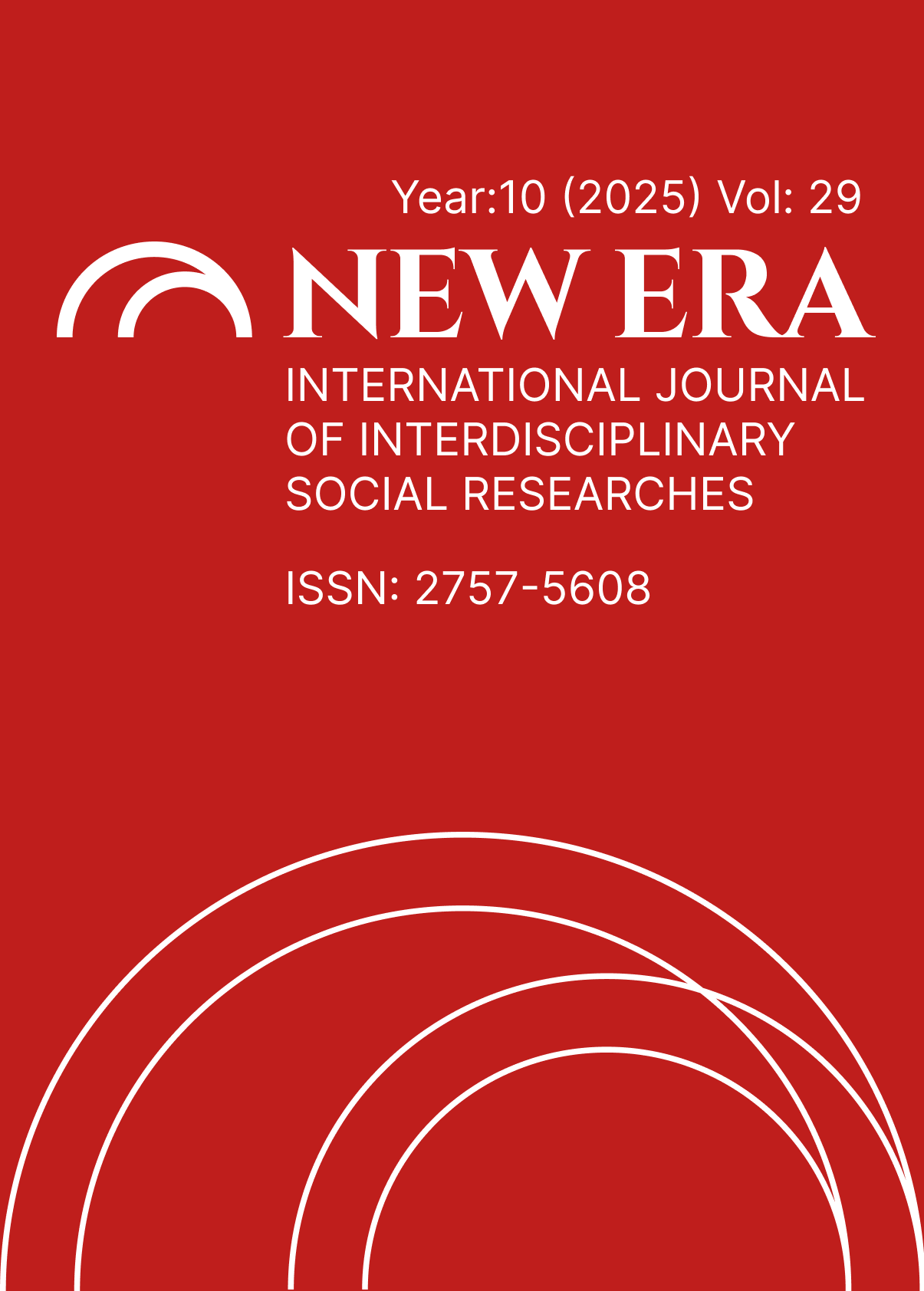THE NEGATIVE IMAGE OF ISLAM AND ISLAMOPHOBIA IN THE CONTEXT OF MUSLIMS’ MISREPRESENTATION OF ISLAM
DOI:
https://doi.org/10.5281/zenodo.15738301Keywords:
Islamophobia, misrepresentation of Islam, religious ignorance, superstitions, false beliefs, women's rights, cultural distortions, authentic Islam, public perception, religious educationAbstract
This study explores the negative perception of Islam not solely as a result of external factors such as media or political discourse, but also as a consequence of internal dynamics within Muslim societies. Focusing on misrepresentations rooted in religious ignorance, cultural distortions, superstitions, and gender-based discrimination, the paper argues that these internal misinterpretations significantly contribute to Islamophobia. Although the Qur’an and Sunnah emphasize universal values such as justice, compassion, equality, and morality, many Muslim communities have come to equate Islam with local customs, patriarchal norms, and irrational practices. This has led to a distorted public image of Islam as oppressive, outdated, and intolerant particularly in Western societies.
The paper advocates for a return to authentic Islamic sources, a critical and morally grounded religious education, and a conscious effort to eliminate superstitions and cultural practices wrongly associated with Islam. It concludes that accurate representation based on the core principles of Islam can promote internal reform and serve as the most effective response to rising Islamophobia.
References
Ahmed, L. (1992). Women and gender in Islam: Historical roots of a modern debate. New Haven, CT: Yale University Press.
Ali, K. (2006). Sexual ethics and Islam: Feminist reflections on Qur'an, Hadith, and jurisprudence. Oxford: Oneworld Publications.
Allen, C. (2010). Islamophobia. Farnham: Ashgate Publishing.
Aslan, R. (2009). Kadın ve İslam: Geleneksel İslam toplumlarında kadın hakları ve özgürlüğü. İstanbul: İz Yayıncılık.
Barlas, A. (2002). “Believing women” in Islam: Unreading patriarchal interpretations of the Qur’an. Austin, TX: University of Texas Press.
Beydoun, K. A. (2018). American Islamophobia: Understanding the roots and rise of fear. Oakland, CA: University of California Press.
Bucar, L. (2022). Stealing my religion: Not just any cultural appropriation. Cambridge, MA: Harvard University Press.
Demir, M. (2014). Dinî eğitimde ahlaki değerler: İslam’a göre doğru yaşamın ilkeleri. Ankara: İlke Yayınları.
Göle, N. (1997). Modern mahrem: Medeniyet ve örtünme. İstanbul: Metis Yayınları.
Halliday, F. (1999). Islamophobia reconsidered. Ethnic and Racial Studies, 22(5), 892–902.
Hidayatullah, A. A. (2014). Feminist edges of the Qur'an. Oxford: Oxford University Press.
Joseph, S. (Ed.). (2003–2007). Encyclopedia of women and Islamic cultures. Leiden: Brill.
Kara, A. (2013). İslam’ın özünü anlama ve doğru temsil etme. İstanbul: İnsan Yayınları.
Karim, K. H., & Eid, M. (2012). Clash of ignorance: Understanding the conflict between Islam and the West. Retrieved from ResearchGate.
Lean, N. (2012). The Islamophobia industry: How the right manufactures fear of Muslims. London: Pluto Press.
Manji, I. (2004). The trouble with Islam today: A Muslim's call for reform in her faith. New York, NY: St. Martin's Press.
Maududi, A. A. (2000). İslam’da insan hakları (M. F. Toprak, Çev.). İstanbul: Beyan Yayınları. (Orijinal eser yayımlanma tarihi: 1976)
Mernissi, F. (1991). The veil and the male elite: A feminist interpretation of women's rights in Islam. Reading, MA: Addison-Wesley
.
Runnymede Trust. (1997). Islamophobia: A challenge for us all. London: Runnymede Trust.
Said, E. W. (1978). Orientalism. New York, NY: Pantheon Books.
Wadud, A. (1999). Qur’an and woman: Rereading the sacred text from a woman’s perspective. New York, NY: Oxford University Press.
Yavuz, H. (2012). Hurafelerle mücadelede Kur’an perspektifi. Ankara: Fecr Yayınları.
Yıldırım, M. (2011). Kur’ân’ın toplumsal mesajı: Ahlak, adalet ve kadın. İstanbul: Alfa Yayınları.
Downloads
Published
How to Cite
Issue
Section
License
Copyright (c) 2025 NEW ERA INTERNATIONAL JOURNAL OF INTERDISCIPLINARY SOCIAL RESEARCHES

This work is licensed under a Creative Commons Attribution-NonCommercial 4.0 International License.


